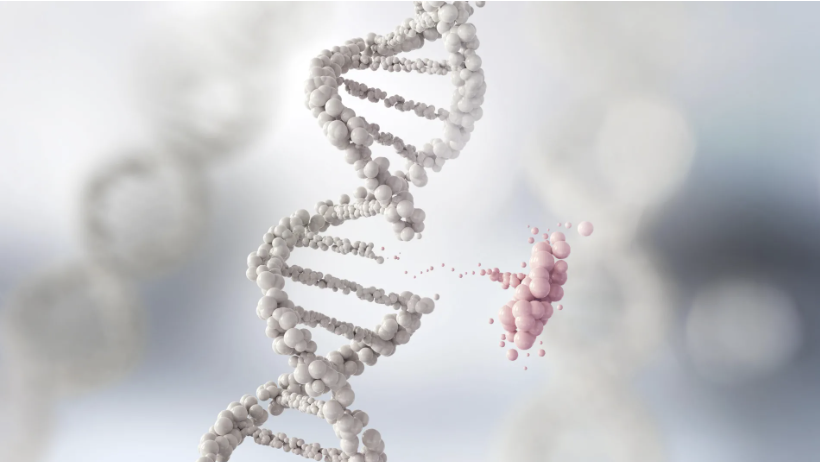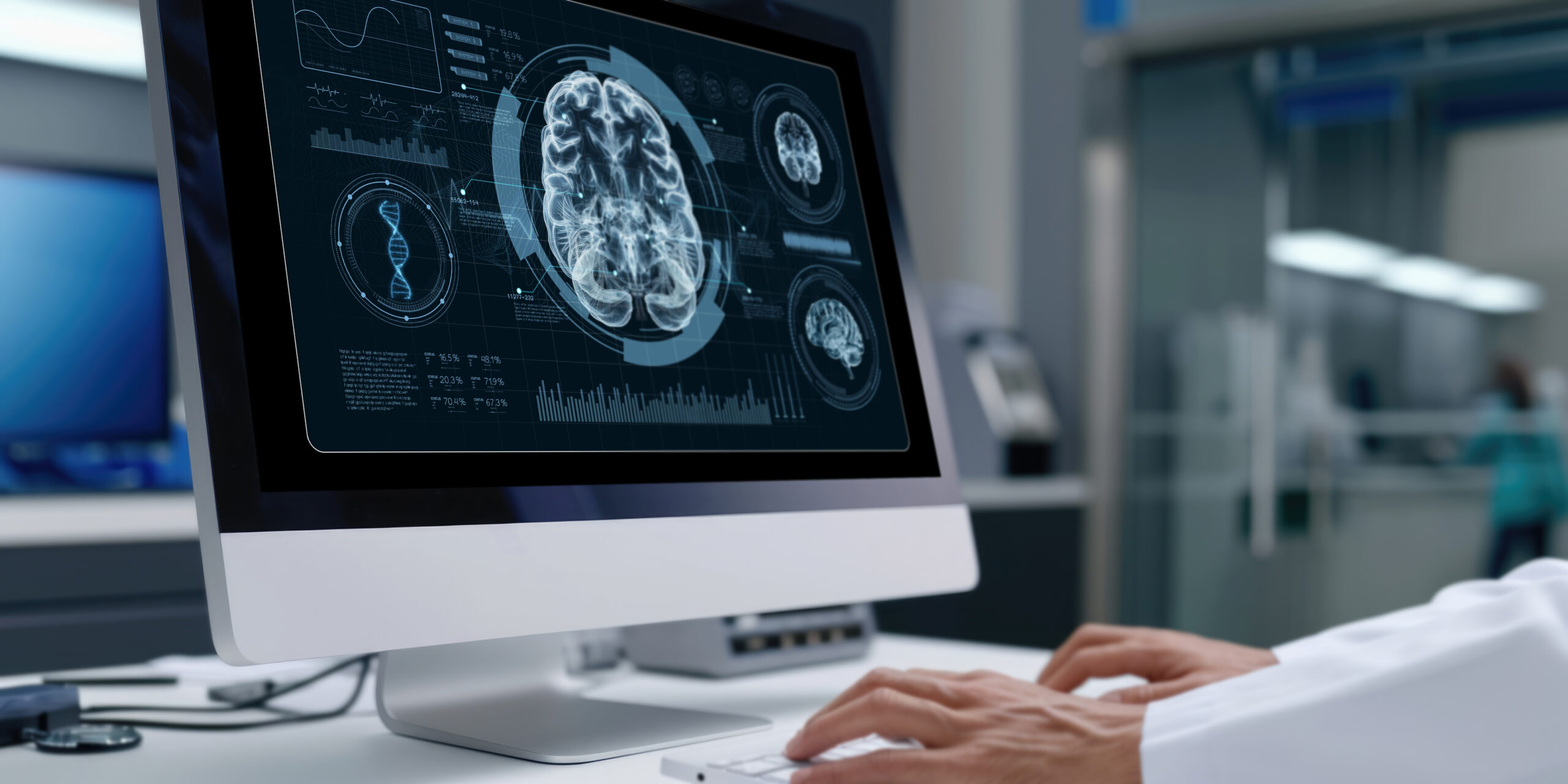In recent years, 3D organoid technology has gained significant traction among researchers for its ability to replicate human tissue and organ structure and function accurately. These miniature models offer more physiologically relevant platforms for cancer research, serving as promising tools for studying human cancer and advancing various applications in oncology. Organoids can be efficiently constructed from both normal and malignant tissues, enabling simulations of infections, cancer processes, mutations, and carcinogenesis. Additionally, organoid technology holds promise for facilitating drug testing and personalized therapies. Regenerative medicine may further enhance organoid technology by using genetically identical healthy organoids as substitutes for deteriorating diseased organs, complementing current transplantation treatments. This review highlights the evolution of cancer organoids and underscores their significant role in fundamental research and the advancement of personalized medicine in oncology.
Keywords: organoids, patient-derived organoids, drug screening, personalized medicine




